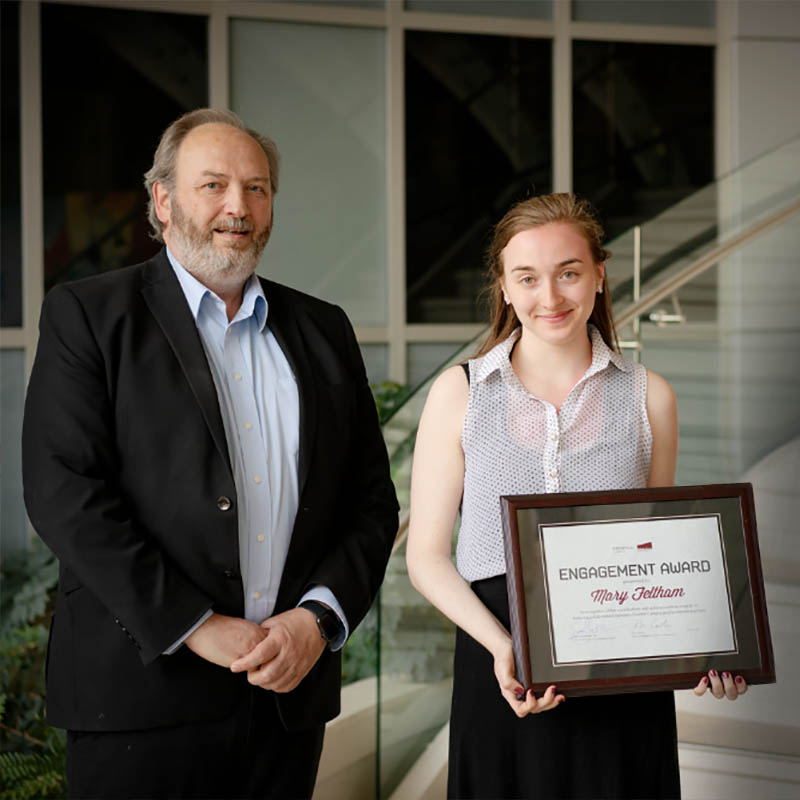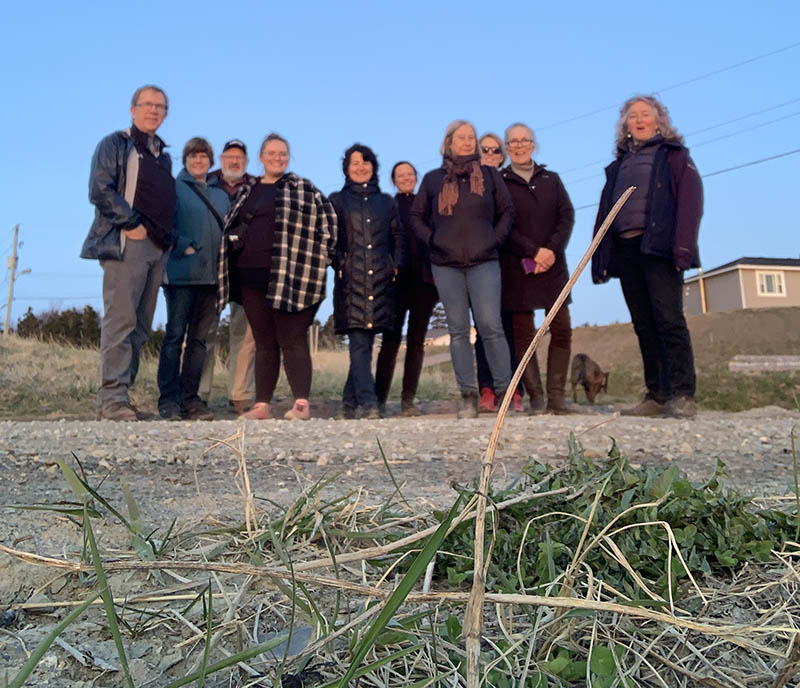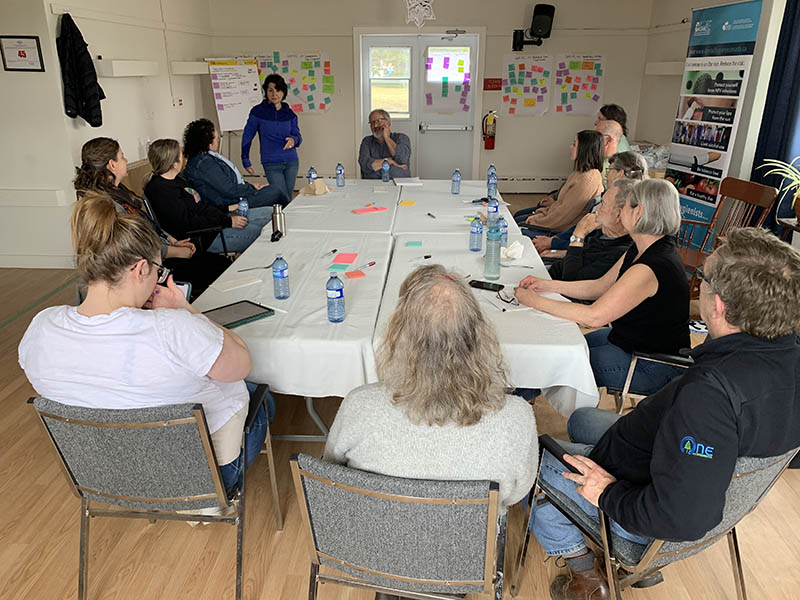Choose a report:
➤

Office of Engagement

Community Engaged Research



Aging in place, cultural arts, and food security were among several research interests expressed during the spring 2023 retreat of the Great Northern Peninsula Research Collective (GNP-RC).
GNP-RC was established in 2019 as an interdisciplinary, community-academic partnership centered on the Great Northern Peninsula (GNP) of Newfoundland, along the Gros Morne to St. Anthony corridor. Its purpose is to support community quality of life using a strengths-based approach.

The retreat, which took place in Norris Point at the Julia Ann Walsh Centre, also known as the Old Cottage Hospital, aimed to further focus the goals of the collective. The retreat also included hiking, delicious meals, yoga and other group activities.
Participants cemented the foundational statements associated with the collective, including purpose, values, vision, and future objectives.
First and foremost GNP-RC has as its raison d'etre to act as a partnership and exchange pathway, responding to the self-identified priorities of the Great Northern Peninsula. Rural community capacity building is key in this endeavour, as well as advocating for healthy communities and conducting research based on community needs.

Objectives identified at the retreat included:
Research interests included:
"We envision researchers and community partners working together to create vibrant, resilient, rural communities on the GNP," said Nurse Educator Dawn Pittman, a faculty member at Western Regional School of Nursing and research collective member. "We hope to achieve this through knowledge creation and knowledge mobilization facilitated by research."
So far, the activities and research projects of the GNP-RC have worked to support healthy aging in a province with the highest median age in Canada and in a region, the GNP, that has more older adults than other areas in the province.